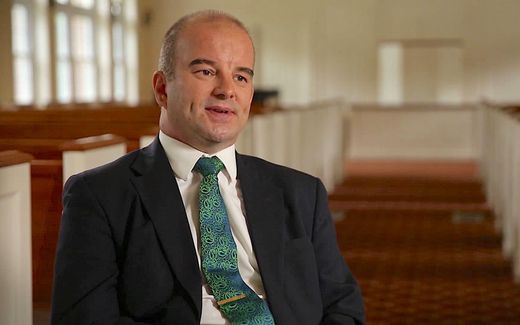Misdiagnosis transsexuality leads to serious problems

Photo EPA, Michael Reynolds
Central Europe
Gender reassignment is often not the solution for people who feel uncomfortable in their bodies, Idea reports.
Idea refers to an article of Welt in which two young German women, Nele and Elie, regret their gender reassignment in which they transformed into men.
They both took male hormones and had their breasts removed because they did not feel comfortable in their bodies. However, they started to doubt their treatments after a while because they both continued to suffer psychological problems as transmen.
Now, they blame their therapists for never questioning their self-diagnosis. Officially, people who want to undergo a gender transition should undergo psychotherapy for at least six months. After 12 months, they are allowed to undergo surgery for gender reassignment.
However, some therapists prescribe hormones to children as young as 13 years old, the report of Welt shows. Karoline Haufe, an employee of the Berlin association Trans-Kinder-Netz, explains that these therapists aim to enable “children to develop according to their age.” By administering hormones at an early age, trans-children would develop at the same pace as their peers.
The Trans-Kinder-Nets has treated more than 720 trans children, Idea writes. The newspaper also states that the number of treatments for trans children has quintupled since 2013. It bases this conclusion on information from special outpatient clinics. Absolute numbers remain unknown, according to Idea.
Talk therapy
Alexander Korte, senior consultant at the child and adolescent psychiatric department of Ludwig-Maximilians-University in Munich, is concerned about the fact that young people are questioned so little about their wish for gender reassignment.
He argues that many adolescents struggle with “a distorted perception of the body or other psychological problems that medicines cannot solve.” Instead, he pleads for more talk therapy.
Korte notices that the desire for a gender reassignment often disappears after puberty and the accompanying psychotherapy. He also sees that more girls than boys want to change their gender. “There is one boy for every eight girls. Puberty is tough for many young women, and life as a man seems to be easier”, he explains.
Negative responses
Drawing attention to the fact that gender transitions are not always the solution can lead to many negative reactions. Nele and Elie received many negative responses after founding the online platform post-trans.com, where they post stories of people who stopped or reversed their gender reassignment.
Related Articles






